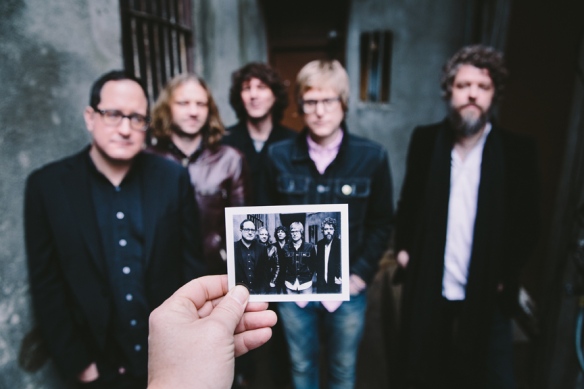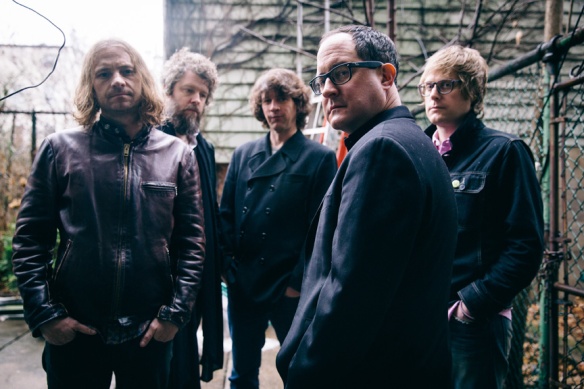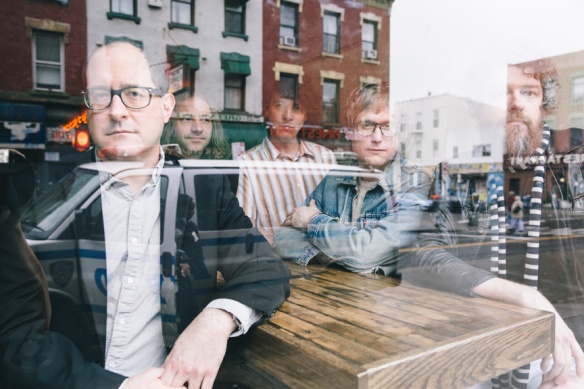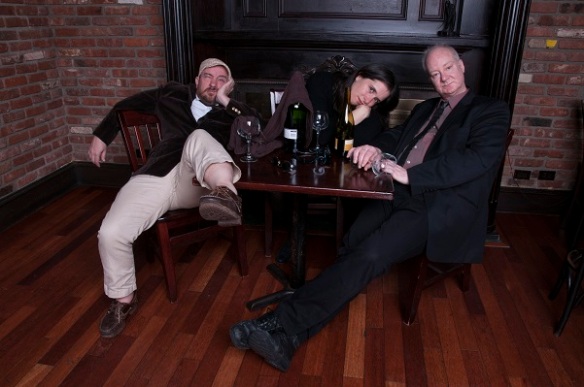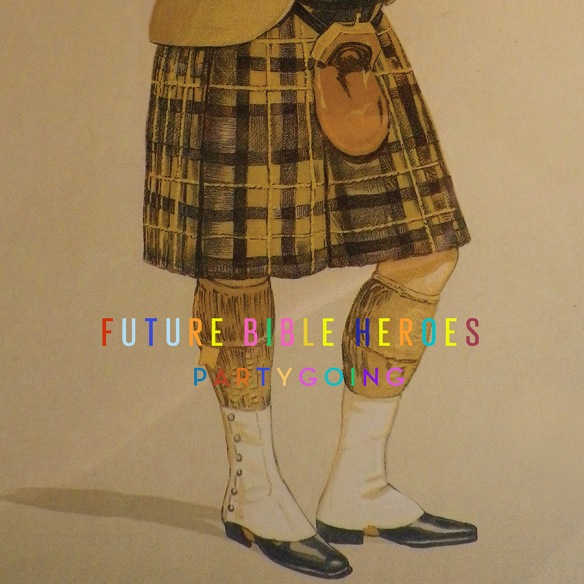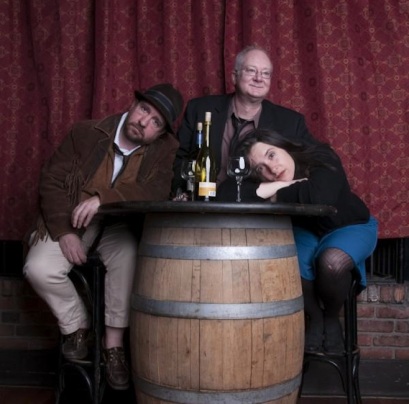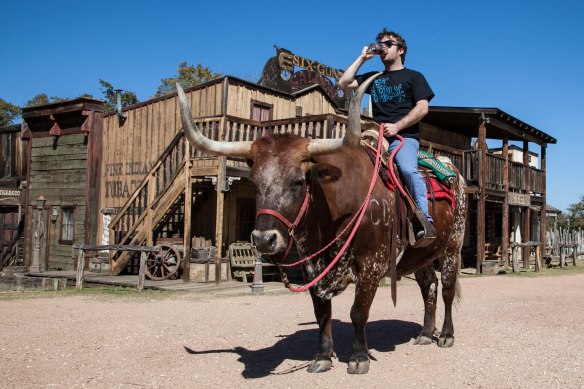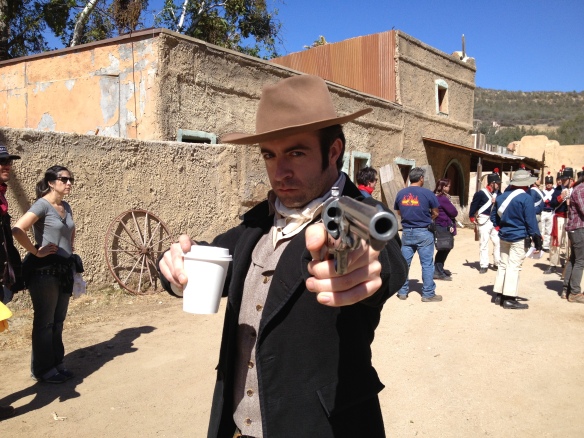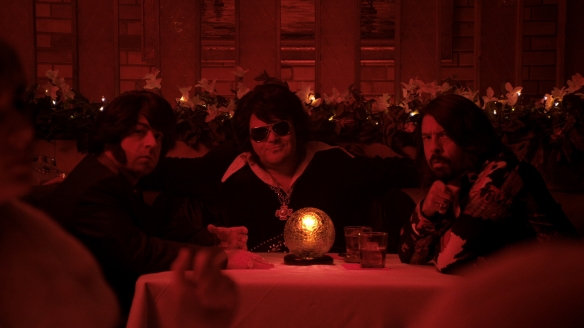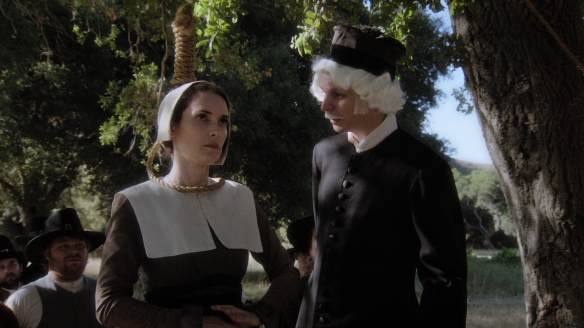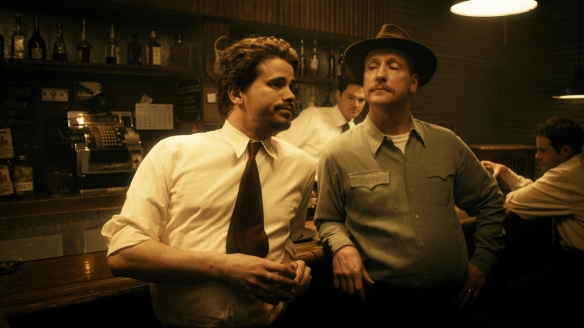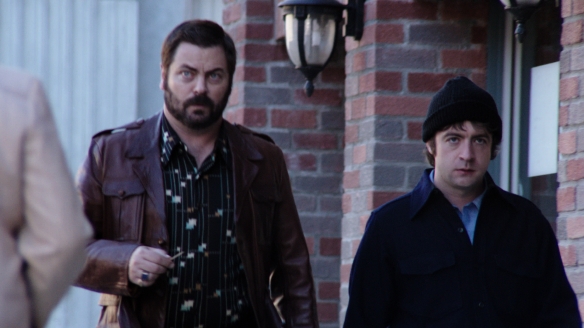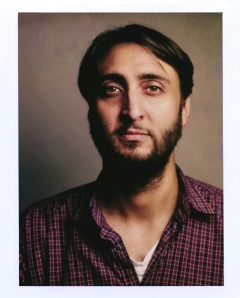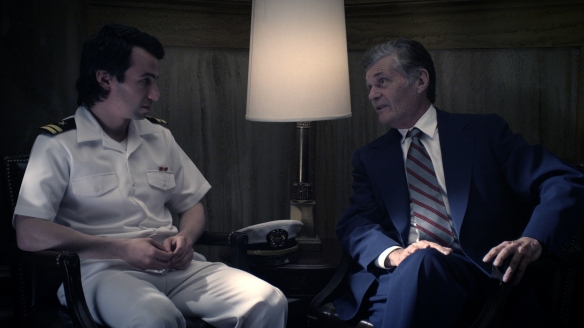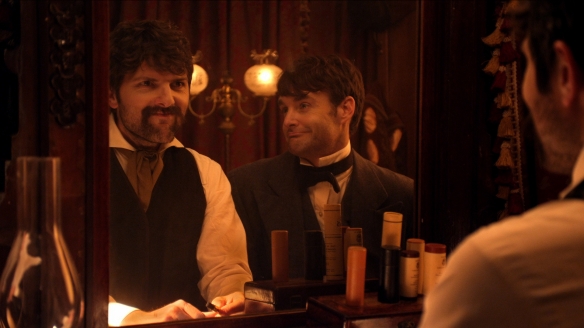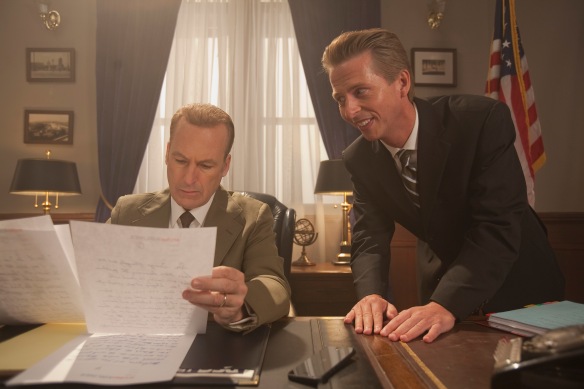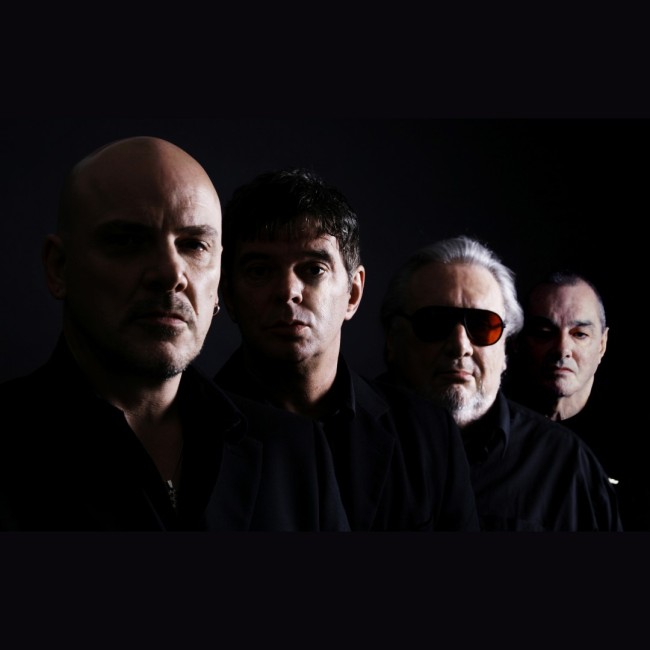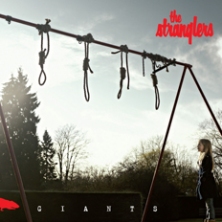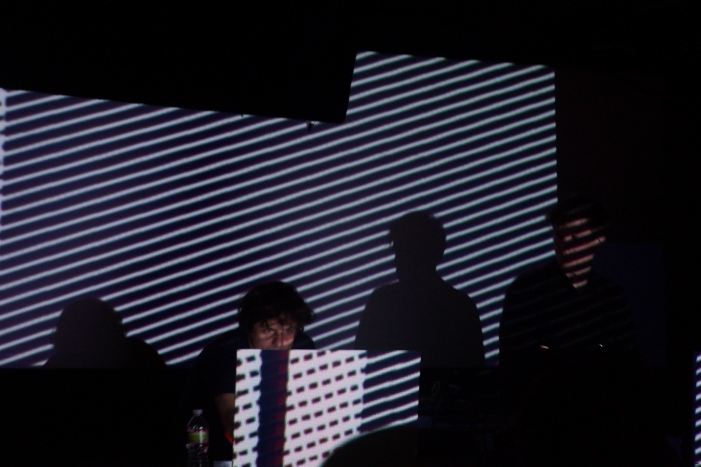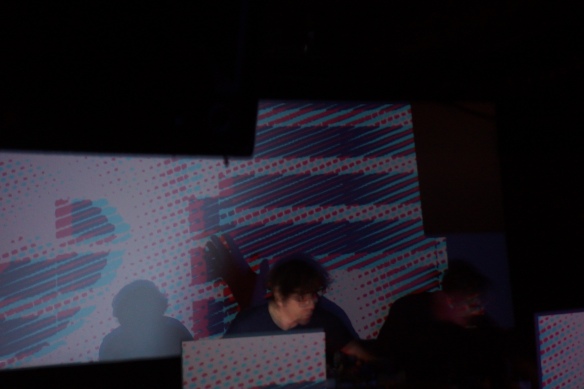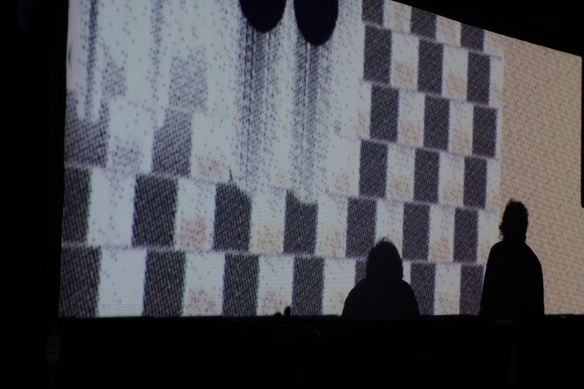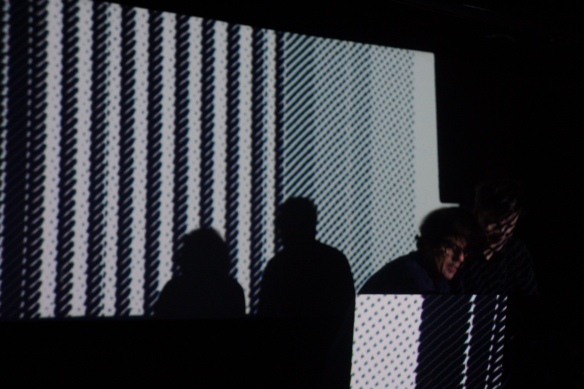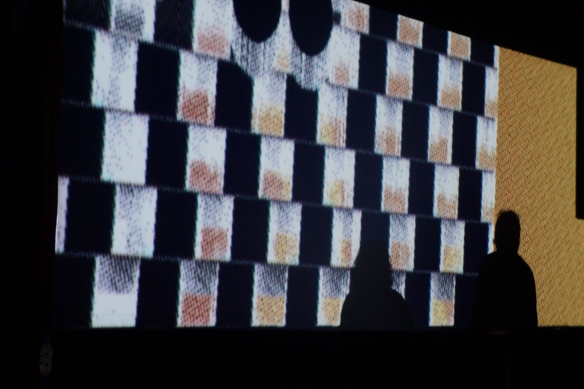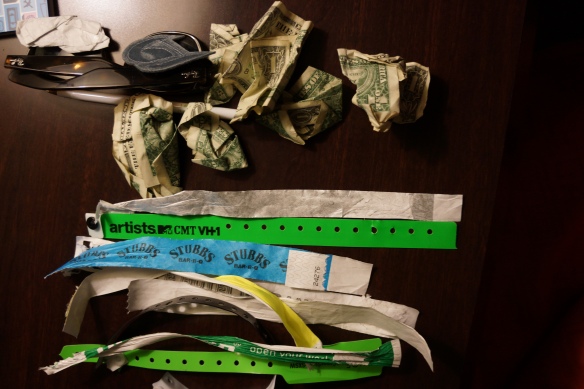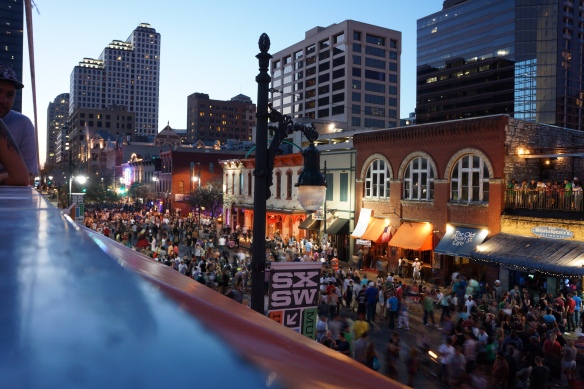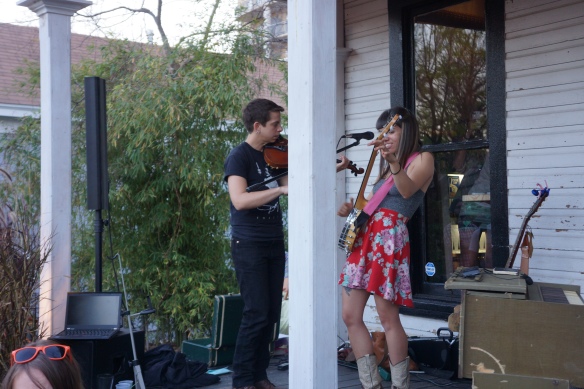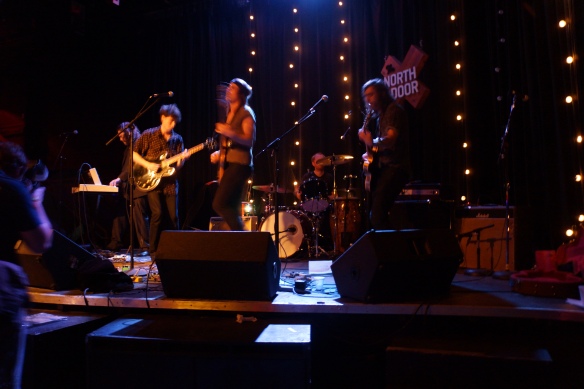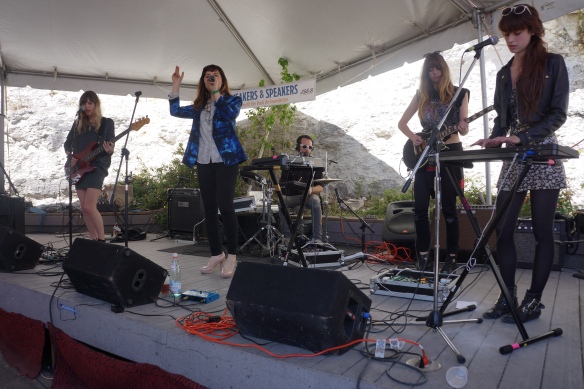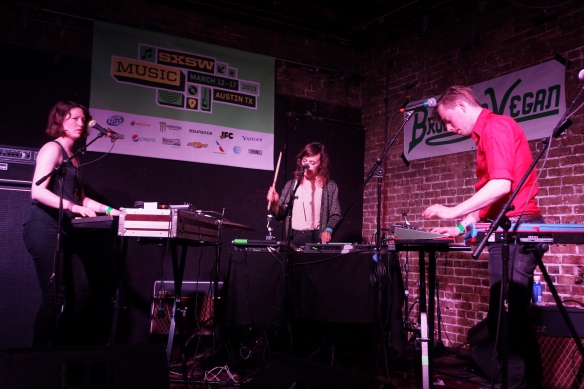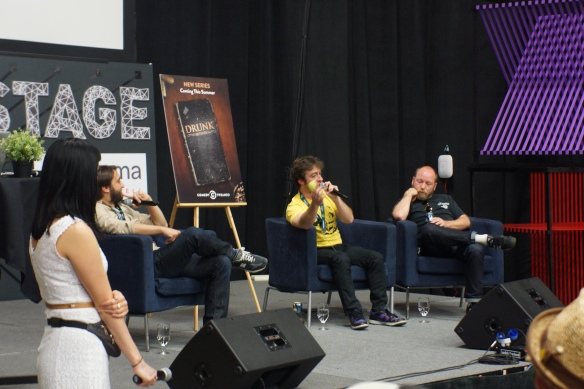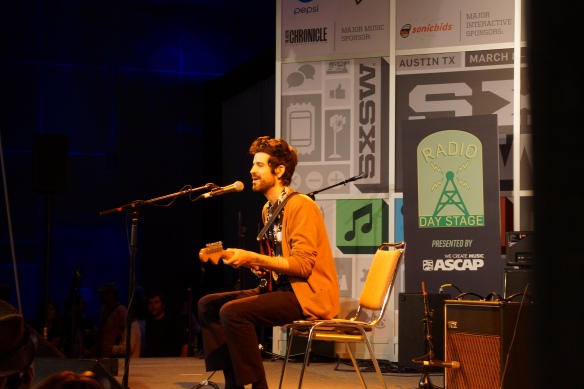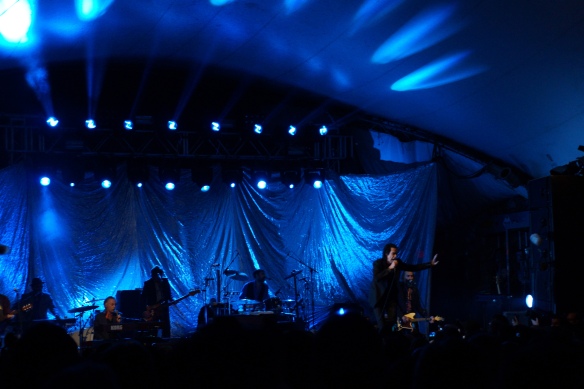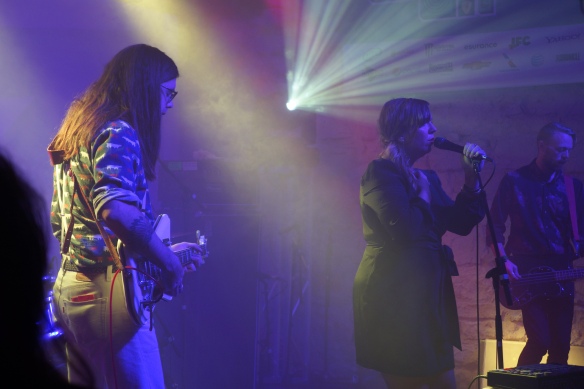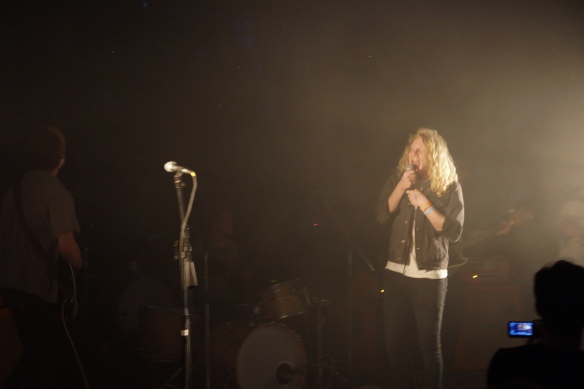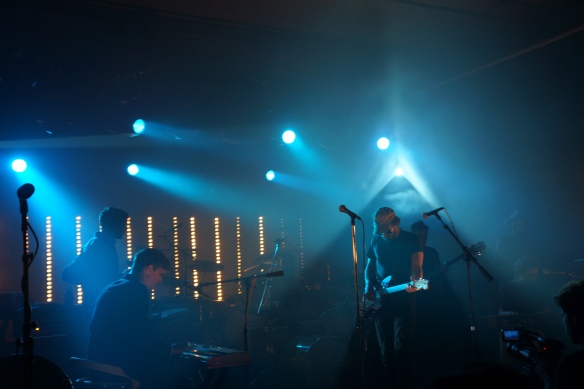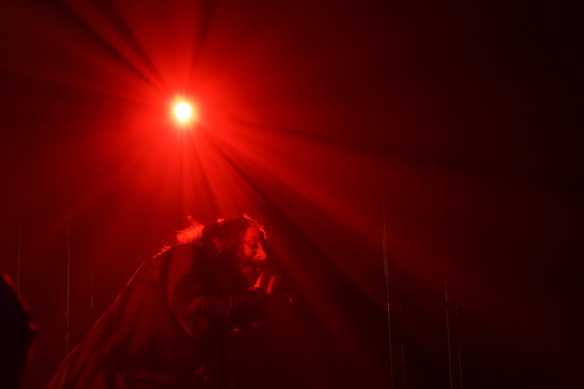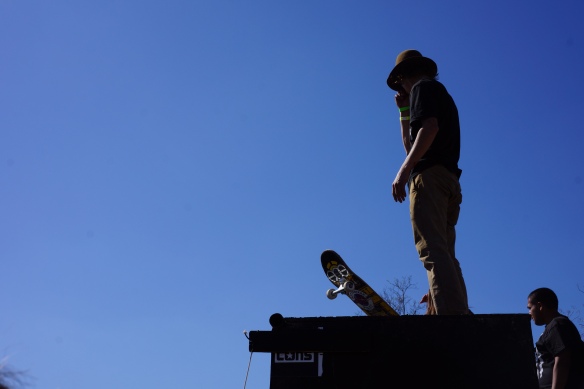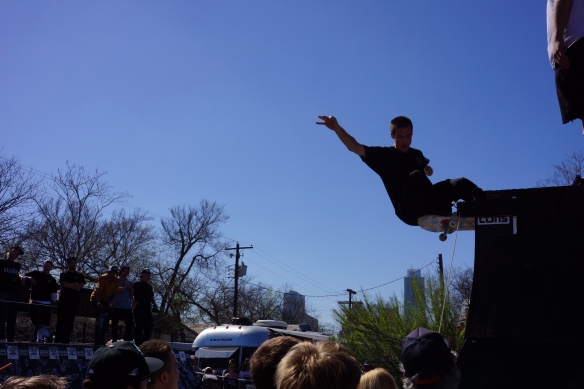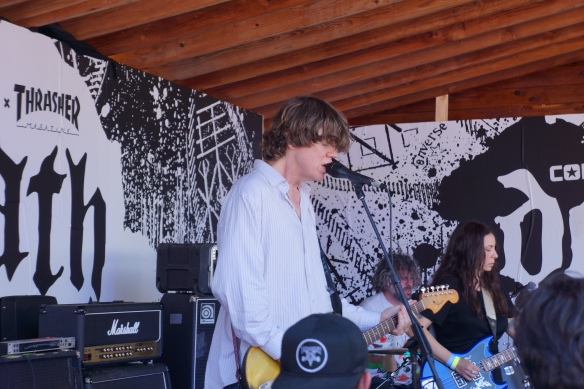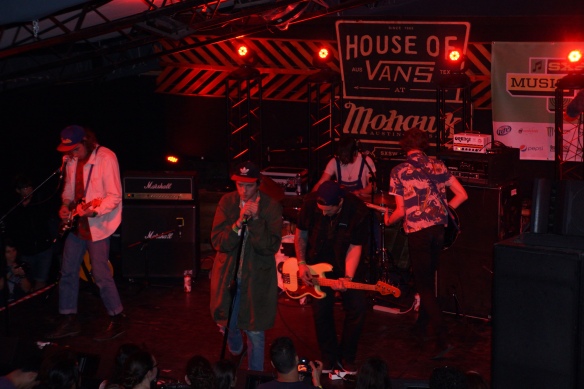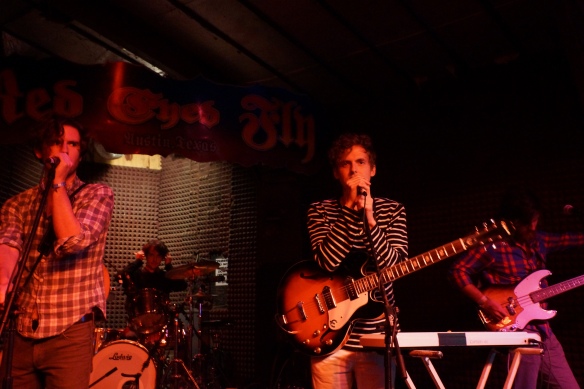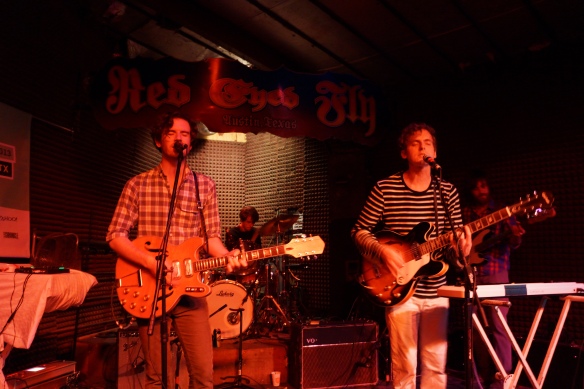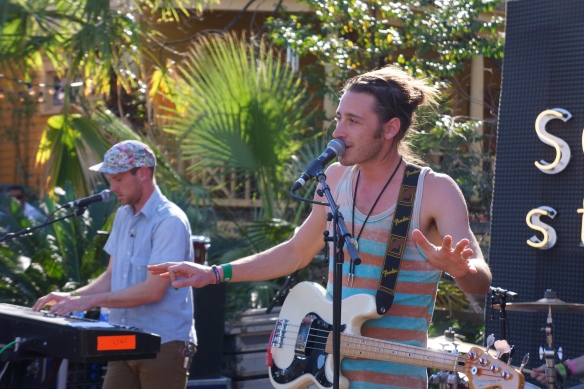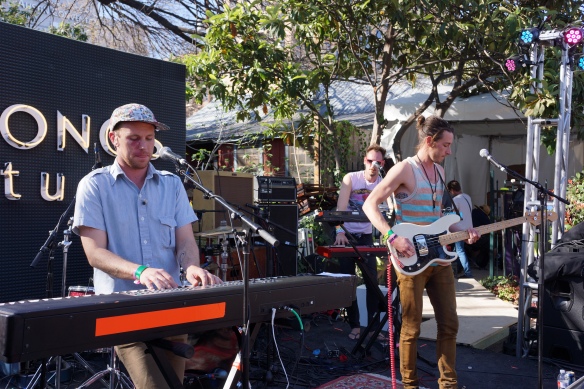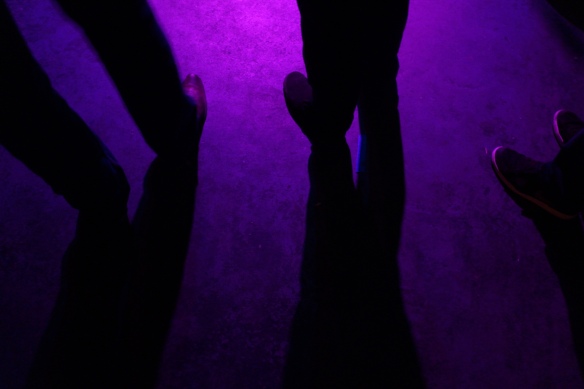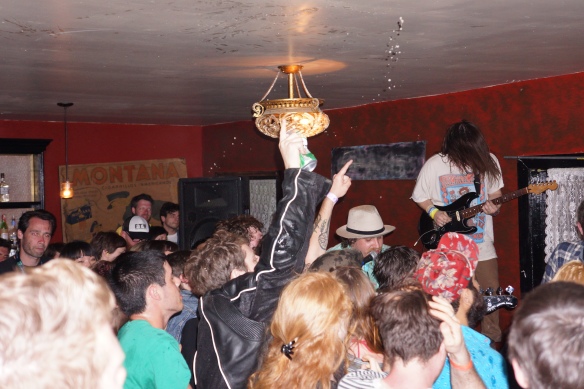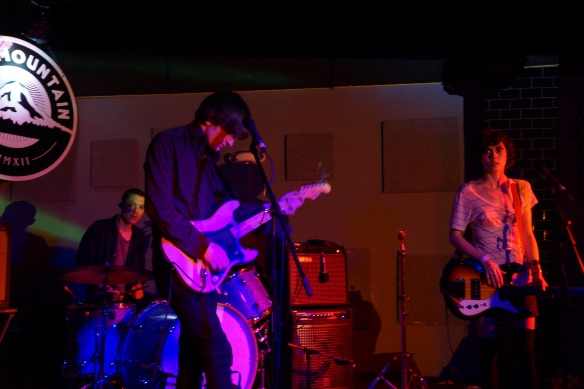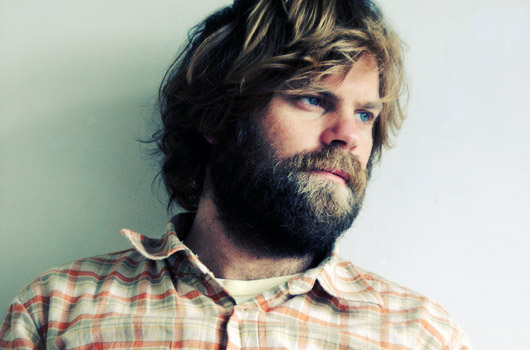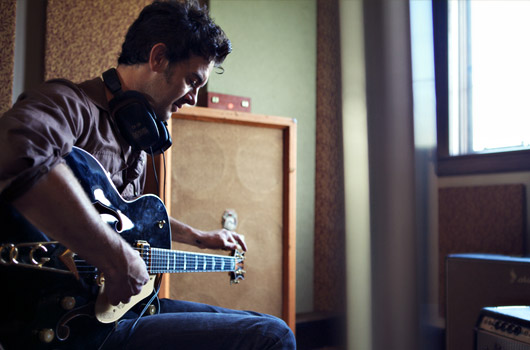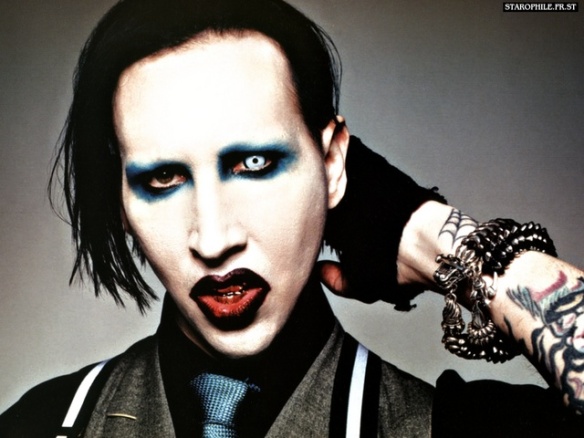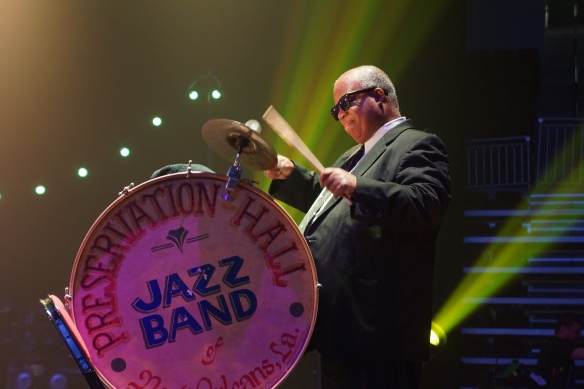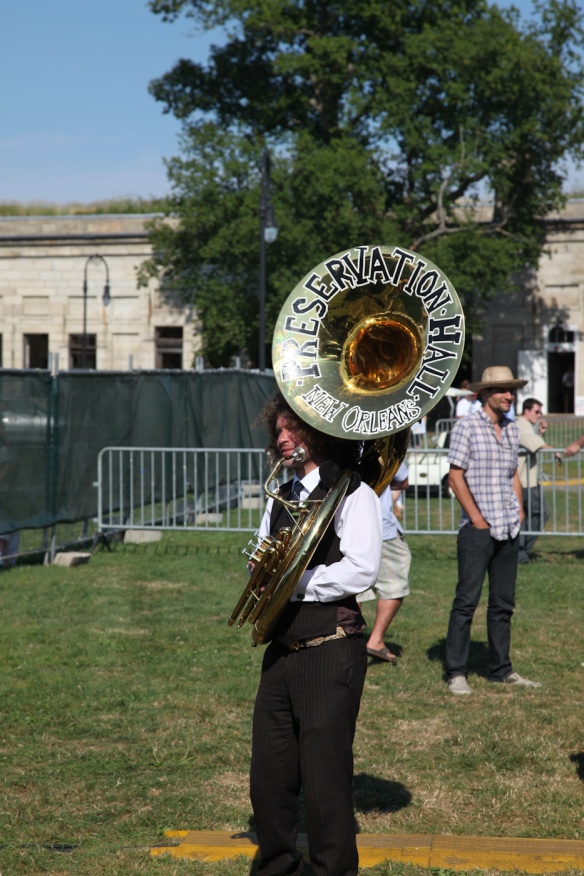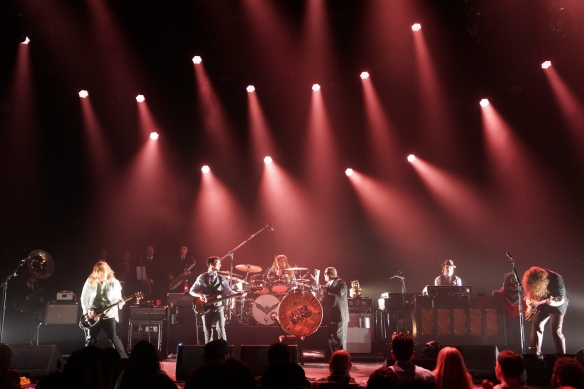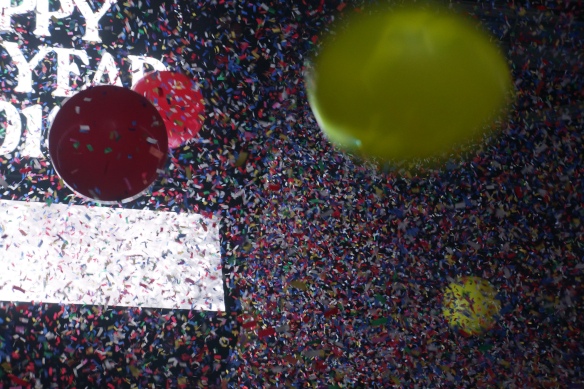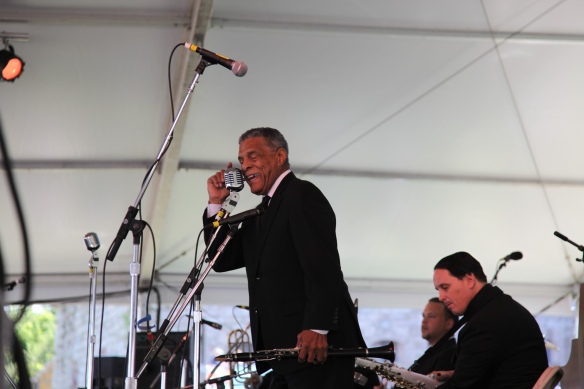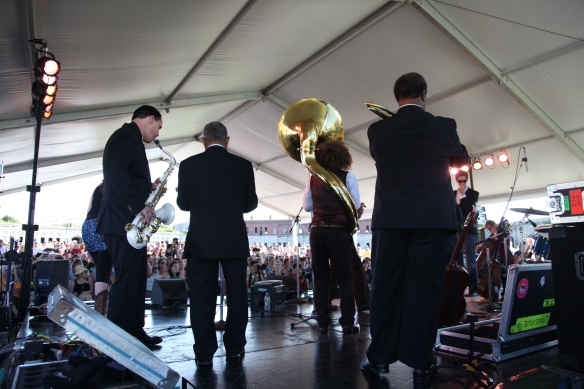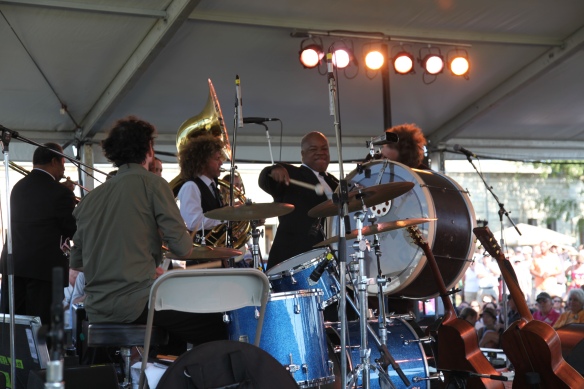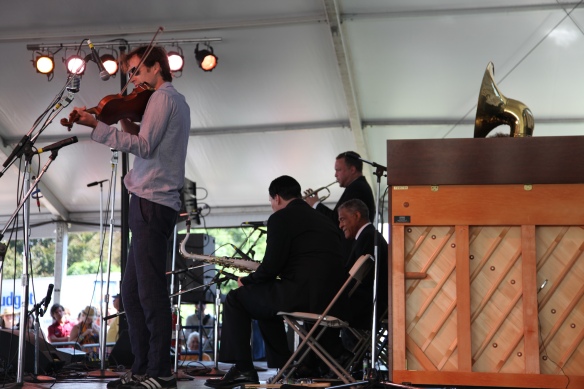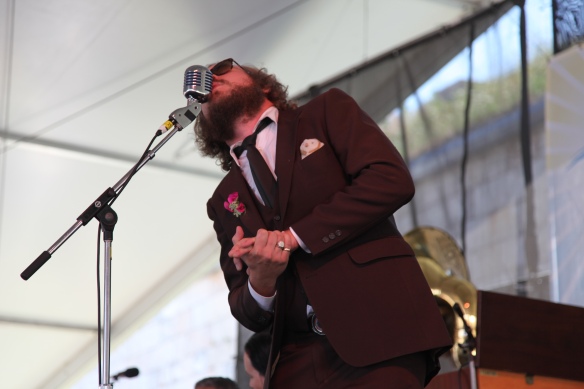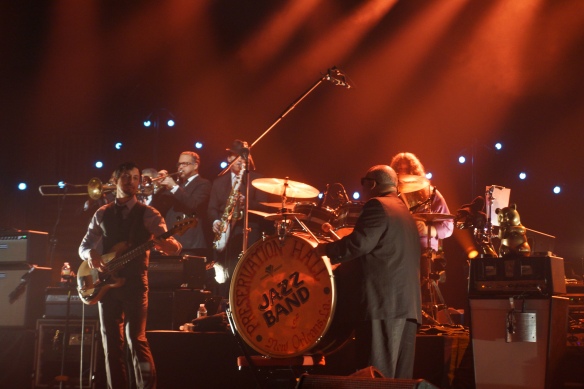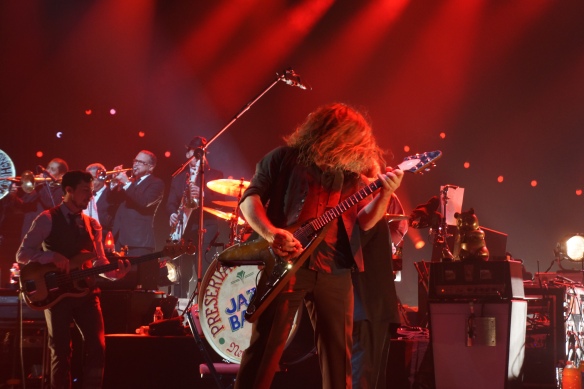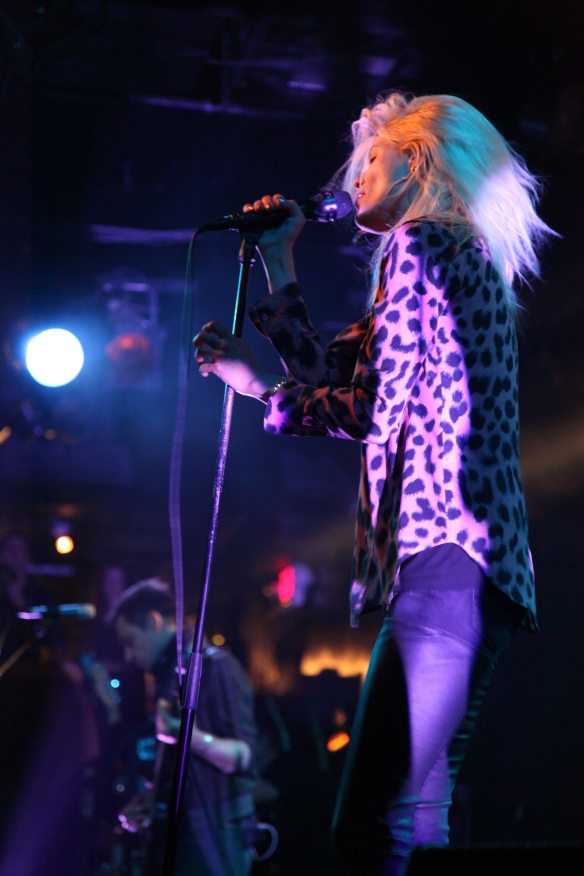
When the Kills were first introduced to the world in 2002, they quickly seduced the rock n roll realm with their sexy swagger and an intimate onstage chemistry. What began as a transatlantic, tape-trade collaboration between newfound friends has since grown into world-renowned force to be reckoned with. The thundering pulse of programmed drum machines and an avant approach to electric guitars elevates the sound of a boot-stomping blues and stripped-down garage rock taking it to new creative heights. With five solid records, (the fifth, “Ashes and Ice” released this past June), Alison Mosshart and Jamie Hince continue to evolve, and while their core dynamic remains in tact, some things have changed.
While Mosshart spent her downtime returning to the studio and stage as the lead singer of Dead Weather, Jamie Hince spent his time soul-and-sound-searching on the Trans-Siberian Railroad and on the island of Jamaica while trying to mend the tendons in his hand. When these two separate paths led back into the studio, the duo brought very different batches of songs to the table. I caught up with Jamie Hince the week before the released of the latest record. The following is the unedited interview with exclusive live photos taken at the Paradise Rock Club in Boston. Enjoy.
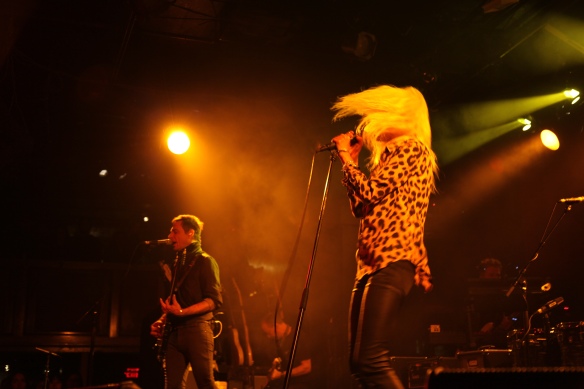
Hello is this Nolan. Where are you?
Im in Boston and we are finally haven’t a nice week of weather. Last week seemed a bit wintery.
Really? Oh god, I wish I had this interview the other day before I felt London, because I was trying to work out what to pack. It’s so odd when you’re going away for a month and going all over the place. Do I need a warm jacket? Do I need raincoat? I got this straw colored raincoat and now I wish I had packed it because it rains in Boston.
Where are you right now?
I’m in Atlanta. I woke up really early and went wandering around and I thought, “oh gosh, I really love Atlanta.” It’s great. I really like the vibe and right near my hotel there are three places that I’m really excited about going for food at already.
With the new record, did you come into the studio with songs individually or did you write the songs in the studio?
Yeah, we came together with songs. That’s always, at least since “Midnight Boom” and “Blood Pressures,” it was the same thing where we’ve come together with songs we’ve written separately and we’d get together when we thought there were nearly enough songs for a new record. Normally the way I work is I will come up with a load of things and just discard lots of them and concentrate on the ones I think really work and slowly develop them. When we got together I had about 8, 9, 10 songs and Alison probably had 38 songs. She writes in this beautiful explosion where she just puts herself in front of a mic and writes whatever comes out. Sometimes she goes through a stage where she’ll have 5 Neil Young ballads and then there will be 3 Krautrock songs. So it’s really good to sift through things like that. We sort of met up in LA for the first time and played each other what we had. We never really had a break from each other, but LA was the place where we sort of auditioned our songs in front of our engineer. Alison said “Oh we have lots of songs, let’s go,” and I sort of depressed everybody by saying “I don’t think we’ve got a record yet. I think we need to keep on writing.” So that’s what we did. We kept on working on about 8 of the songs that were going somewhere and then kept on writing.
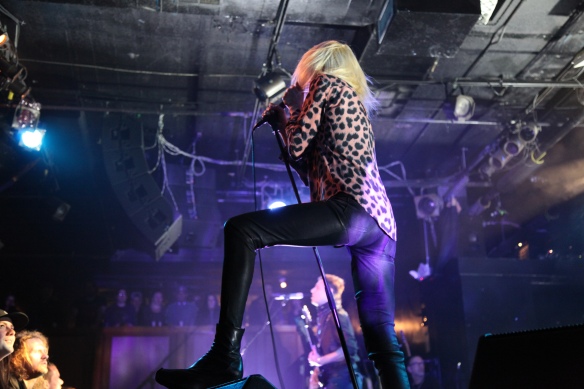
Did you find that when you came together you were bringing similar stuff, or was it so different that you had to hone it in?
It was really different. It was to the point that I was frustrated to be honest. I’m always going in search of something and trying to find the things that’s like “oh my god, this is it.” I always think I’m going to be super excited about trying to find a sound, find a blend… finding a secret almost. I’d literally, physically gone in search of it and that’s what going on the Trans-Siberian Railroad was all about, or going to Jamaica. It’s always about physically going in search of it. Also, when I’m physically in the studio, I’m desperately hunting for the things that going to be the theme for me. Much of my rhythms were inspired by dancehall and digital dancehall, dub and R&B sometimes. I wanted to make a record that was really forward thinking and not just a retro bizarre record– and then I met up with Alison and her songs were very traditional—bluesy, Neil Young ballad kind of things and it was frustrating to me because, “You’re not doing what I want.” And then it kind of dawns on me that because it’s my job to make these things work and make both of our things to sit right in one place– it kind of dawns on me that that’s what the Kills really was– my lunacy about trying to reinvent the wheel and trying to take guitar music somewhere else, and it’s Alison’s absolute confidence and how sure she is about whatever snapshot is in her life at the moment. Not having crazy changing influences in the moment like I have, but having influences rooted in the Velvet Underground, Charlie Patton, Captain Beefheart– the things she’s constantly inspired by. And that’s the blend, her consistent inspirations and my ever changing, crazy, whirlwind ones.
How was the Siberian Express? Was it as romantic of an idea as movies suggest? Did you bring anything back from it?
It’s like a working train really. It’s not like the Orient Express. It’s like a pedestrian train and there’s a lot of military on there returning from Moscow to their various Siberian villages. Gentry people going to camps and villages along the way. I would say a tiny percentage of the train were taken up by people like me who were doing this TransSiberian journey. I think there’s another version of it you can do on another train, but it takes about 3 or 4 weeks and you stop at places and you have a guide that takes you places and shows you what to do. That wasn’t what I was looking for. I wanted to ride this retreat where I didn’t feel stuck or stagnant and I was constantly moving.
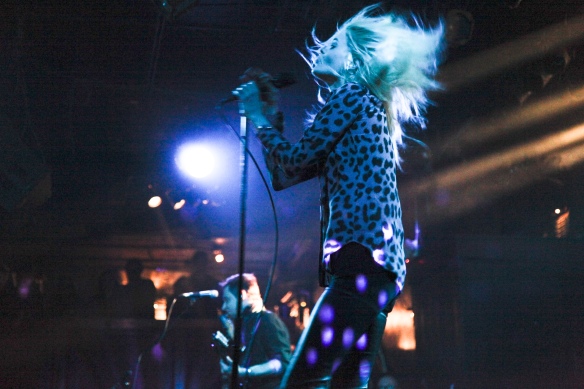
Did you get anything out of it?
Yeah, I mean I always go by that adage– I think it’s Flaubert… “You have to drink an ocean to piss a cupful.” It’s really true. I think he was talking about writing history, but it’s true with my writing. I don’t just write lyrics to a song. I always just write pages and pages and pages of stream of consciousness and that turns into prose which turns into poetry and then it goes back to stream of consciousness, and at some point I find things that I like and they jump out and I’m inspired to finish a song. And of course “Siberian Nights” was written on that train.
Did you guys do anything differently in the studio?
Our whole approach was completely different. We rented a house in LA, which was different because we used to just hide ourselves away in the middle of nowhere in Benton Park, Michigan. In LA we were excited to make a record in the chaos and noise of LA. I wanted it to be a change as life went on. I wanted to bump into people and have them come over and play… which happened, you know. We had Carla from Autolux play some drums and we had Homer who played on Amy Winehouse records. As opportunities arouse, we made the most of them.
How is your hand doing? Is it fully recovered?
No. I have about ten percent movement in my middle finger on my left hand, so I don’t use it to play guitar. It just hangs out stiff, flicking everyone off while the other three go change the dozen.
Were you or are you nervous that you’d never be able to play guitar again?
Yeah I was. One of the things that came out of it– one of the most impactful things– is I realized I’m really fucking positive. I just thought, “How am I going to make this work?” And part of that was considering I may not be a guitarist anymore. So I immediately started putting a studio together. I bought myself a 1968 Neve mixing desk, which was my dream come true. I knew I wanted to make a record using dub production, so I bought lots of gear like that: reverb units, echo. I just made myself busy by building a studio. I thought maybe I’ll just be a producer.

So is your studio in London?
Well it’s a mobile studio. My mixing desk is a 10-channel desk that wraps up in a flat case and I have all of my compressors and stuff in another unit. Right now they’re in LA, but I always wanted it to be that if I to decide if I wanted to make a record in Jamaica, I could just fly my studio out there.
Would you say this record has taken on a more introspective feel? It seems to have a more tender feeling and the lyrics a little less wrapped in metaphor, maybe?
Yeah. It’s less cryptic. Being cryptic is easy because you can blend meaningless rock n roll clichés with code that means something and people will actually never know which is which, but they might hopefully confuse clichés for something meaningful. I’m not ripping up what we’ve done apart, I’m just obsessed with the way rock n roll music is gong and where electric guitar music is going. I’ve been obsessed with why it’s so retrospective and why it’s so referential and why its so stuck in the 90’s or the 80’s or the 70’s, but never trying to invent something new for itself like hip-hop and R&B, you know. One of those things was maybe I had too much time on my hands because I only had one hand, but I started thinking about lyrics and I wanted to write a guitar record that spoke to people in a language that I was proud of, that I understood, and that other people would understand– and not dip into the skulls and devils and that kind of shit, which has been a sort of staple industry for rock n roll music in one way or another.
Would you say the general dynamic of the Kills has changed?
Not really. I mean we’ve never really had a mission. I remember saying that in 2002 when we were doing interviews that I don’t think its really smart to make a mission statement or have a plan because when we started a band it was at the beginning of the cyber revolution which changed the fucking world. And it changed it so much that it was apparent even then that to have manifesto you were going to have a cult that was like the dinosaur. You know? It changed so much, capitalism was going to implode on itself back then and a new thing was going to work out. I think we’ve always just changed with what’s going on. People have always told us that we’ve done our own thing. Well, it doesn’t feel like that. It really doesn’t. It’s always when you look back and say, “Fuck, I always think we’re hindering ourselves by doing this and not doing that,” but I guess we’re proud of what we’ve done.
The single is a song called, “Doing it to Death.” You obviously don’t think you’re beating a dead horse when it comes to the band?
No, I don’t think that. It’s not a song about the band; it’s about constant pleasure-seeking. It’s about partying and addiction and having so much fun that it’s boring. You get so high that you’re low. That sort of shit. That’s “doing it to death.”
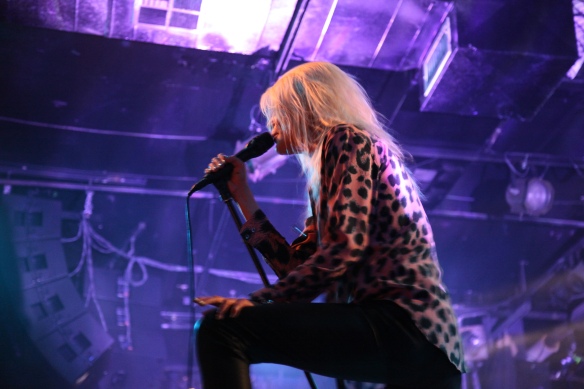
The Kills live vs Recording? What do you have the most fun doing?
It’s funny because we always used to say, “We like them both.” One was a good anecdote to the other. These days the studio is my domain and it’s what I’m most excited about and the band’s moving forward in terms of writing new things. That’s what I’m most inspired by—that’s where my heart is… making new things. Also I’m the King in the studio. I’m the king of the Kills. I’m the boss and I like it. When we play live I’m completely usurped and Alison is the King or Queen or boss. That’s her domain. It works really nicely like that I think. I get more out of the studio, and for Alison, her place is the stage.
Do you guys still tour with the drummers in the background?
We have a different setup now. We have one drummer and we have Scott who is playing bass, keyboards, sub-bass and reverbs.
Would you say it’s a more live band set up?
Yeah, I guess. But we’ve always got heavy drum machine and sequencers. I never want it to be live where there’s no sequenced drum track. That’s what I love about it– it doesn’t speed up or slow down.
You guys seem to have an affinity for Boston. Last go around it was one of your only US dates, and this time you’re doing two shows in one week.
We always say that. The last time around we got really superstitious about Boston because the last couple of times it’s been the show that has completely woken us up and turned it up a gear. I don’t know what it is. I have no idea, but this time around, because we sold the first show out, we wanted to do a second night. There were bands playing the next night, but we were so superstitious and concerning that we decided to come back a few days later.

